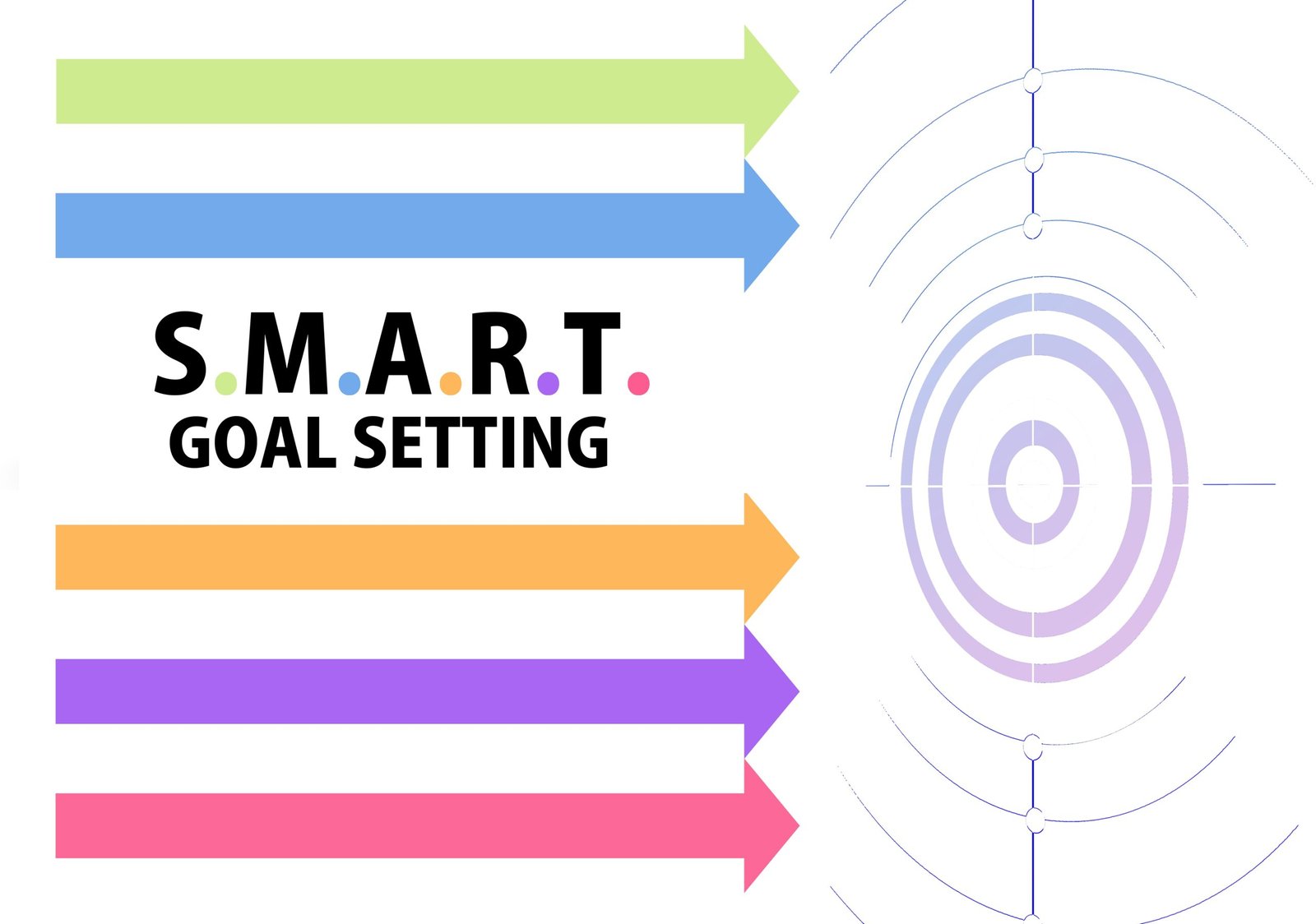Video Marketing: Harnessing the Power of Visual Storytelling Introduction: The Rise of Video Marketing In…
Ways to See the Positive Impact on Your Marketing Strategy
In today’s fast-paced business world, having a well-defined marketing strategy is crucial. Without one, you’re essentially flying blind, hoping for the best. But what exactly does a marketing strategy entail, and how does it impact your business? This article delves into the various aspects of marketing strategies and their profound impact on your overall business success.
Understanding Your Audience
Identifying Target Demographics
Knowing your audience is the cornerstone of any effective marketing strategy. Identifying who your potential customers are, including their age, gender, location, and interests, is the first step. By understanding your target demographics, you can tailor your marketing efforts to meet their specific needs.
Analyzing Audience Behavior
Beyond demographics, it’s essential to analyze how your audience behaves. What are their buying habits? How do they interact with brands online? Tools like Google Analytics and social media insights can provide valuable data to help you understand your audience better.
Segmenting Your Audience for Better Targeting
Once you have a clear picture of your audience, segmenting them into different groups based on specific criteria can help you target your marketing efforts more effectively. This allows for personalized marketing, which can significantly improve engagement and conversion rates.

Market Research
The Role of Market Research in Strategy Development
Market research is the backbone of a solid marketing strategy. It provides insights into market trends, customer needs, and the competitive landscape. By understanding these elements, you can make informed decisions and stay ahead of the competition.
Methods of Conducting Market Research
There are various methods to conduct market research, including surveys, focus groups, and online research. Each method has its advantages, and the choice depends on the specific needs of your business.
Utilizing Market Research Data
The data collected from market research should be analyzed and used to inform your marketing strategy. This data can help you identify opportunities, understand market gaps, and create products or services that meet customer demands.
Competitive Analysis
Importance of Knowing Your Competition
Competitive analysis involves understanding who your competitors are, what they offer, and how they market their products. This information is crucial for differentiating your brand and finding your unique selling proposition (USP).
Tools for Competitive Analysis
There are several tools available for competitive analysis, such as SEMrush, Ahrefs, and SpyFu. These tools can provide insights into your competitors’ SEO strategies, advertising campaigns, and overall online presence.
Using Competitive Insights to Refine Strategy
The insights gained from competitive analysis can help you refine your marketing strategy. By understanding what works and what doesn’t for your competitors, you can avoid common pitfalls and capitalize on successful tactics.

Setting Clear Objectives
Importance of SMART Goals
Setting clear, measurable, achievable, relevant, and time-bound (SMART) goals is essential for any marketing strategy. These goals provide direction and a clear path to achieving your business objectives.
Aligning Marketing Objectives with Business Goals
Your marketing objectives should align with your overall business goals. Whether it’s increasing brand awareness, driving sales, or expanding into new markets, your marketing strategy should support your broader business ambitions.

Brand Positioning
Defining Your Brand’s Unique Value Proposition
Your brand’s unique value proposition (UVP) is what sets you apart from the competition. It’s the reason customers choose your products or services over others. Defining your UVP is crucial for effective brand positioning.
Positioning Strategies
There are various positioning strategies you can adopt, such as cost leadership, differentiation, and focus. The right strategy depends on your business model and market conditions.
Consistency in Brand Messaging
Consistency in your brand messaging across all channels is vital. It helps build brand recognition and trust. Ensure that your messaging aligns with your brand values and resonates with your target audience.
Content Marketing
The Role of Content in Marketing Strategy
Content is king in the world of digital marketing. High-quality, valuable content can attract and engage your audience, build trust, and drive conversions. It’s an integral part of any effective marketing strategy.
Types of Content to Engage Your Audience
There are various types of content you can use to engage your audience, including blog posts, videos, infographics, and social media posts. Each type of content serves a different purpose and can be used at different stages of the customer journey.
Content Distribution Channels
Once you’ve created your content, you need to distribute it effectively. This can include your website, social media platforms, email newsletters, and other online channels. The key is to reach your audience where they are most active.

Digital Marketing Tactics
SEO Strategies for Better Visibility
Search engine optimization (SEO) is crucial for improving your website’s visibility in search engine results. This involves optimizing your website’s content, structure, and technical aspects to rank higher for relevant keywords.
Social Media Marketing
Social media platforms offer a powerful way to connect with your audience, promote your brand, and drive traffic to your website. Developing a strong social media presence is essential for modern marketing strategies.
Email Marketing Campaigns
Email marketing remains one of the most effective digital marketing tactics. It allows you to nurture leads, build relationships with customers, and promote your products or services directly to their inbox.
Influencer Marketing
The Power of Influencers
Influencer marketing leverages the reach and credibility of popular personalities in your industry to promote your brand. Influencers can help you reach a larger audience and build trust quickly.
Choosing the Right Influencers
Choosing the right influencers involves considering their relevance to your brand, their audience demographics, and their engagement rates. The right influencers can make a significant impact on your marketing efforts.
Measuring Influencer Impact
To measure the impact of influencer marketing, track metrics such as engagement rates, website traffic, and sales generated from influencer campaigns. This will help you assess the ROI of your influencer partnerships.

Paid Advertising
Benefits of Paid Advertising
Paid advertising can provide immediate visibility and drive traffic to your website. It’s an effective way to reach a large audience quickly and generate leads or sales.
Types of Paid Advertising Platforms
There are various paid advertising platforms to choose from, including Google Ads, Facebook Ads, and LinkedIn Ads. Each platform has its strengths and can be used to target different segments of your audience.
Budgeting for Paid Ads
Effective budgeting for paid ads involves setting clear objectives, choosing the right platforms, and continuously monitoring and adjusting your campaigns to maximize ROI.
Customer Relationship Management (CRM)
Importance of CRM in Marketing
Customer relationship management (CRM) is essential for managing interactions with current and potential customers. A good CRM system helps you track customer interactions, manage leads, and improve customer satisfaction.
Tools for Effective CRM
There are numerous CRM tools available, such as Salesforce, HubSpot, and Zoho CRM. These tools can help you streamline your marketing efforts and build stronger customer relationships.
Building Long-Term Customer Relationships
Building long-term relationships with customers involves providing excellent customer service, personalized marketing, and consistently meeting their needs. Happy customers are more likely to become loyal brand advocates.

Data-Driven Marketing
Utilizing Analytics in Decision-Making
Data-driven marketing involves using analytics to inform your marketing decisions. By analyzing data from various sources, you can gain insights into customer behavior, campaign performance, and market trends.
Key Metrics to Track
Key metrics to track include website traffic, conversion rates, customer acquisition cost, and customer lifetime value. These metrics provide valuable insights into the effectiveness of your marketing strategy.
Adjusting Strategy Based on Data Insights
Based on the insights gained from your data, you should continuously adjust and refine your marketing strategy. This ensures that your efforts are always aligned with your business goals and market conditions.
Adapting to Market Changes
Importance of Flexibility in Marketing
The marketing landscape is constantly evolving, and flexibility is crucial for staying relevant. Being able to adapt to changes quickly can give you a competitive edge.
Responding to Market Trends
Staying on top of market trends and adjusting your strategy accordingly can help you capitalize on new opportunities and avoid potential threats.
Continuous Improvement Strategies
Continuous improvement involves regularly reviewing and optimizing your marketing strategy. This ensures that your efforts are always aligned with the latest market trends and best practices.

Measuring Success
KPIs for Marketing Strategies
Key performance indicators (KPIs) are essential for measuring the success of your marketing strategy. Common KPIs include ROI, conversion rates, and customer acquisition cost.
Regular Performance Reviews
Regularly reviewing your marketing performance helps you identify what’s working and what’s not. This allows you to make data-driven adjustments and improve your strategy over time.
Making Data-Driven Adjustments
Using data to inform your decisions ensures that your marketing efforts are always aligned with your business goals and market conditions. This leads to more effective and efficient marketing campaigns.
Conclusion
In conclusion, a well-defined marketing strategy is essential for business success. By understanding your audience, conducting thorough market research, analyzing your competition, and setting clear objectives, you can create a strategy that drives results. Remember to leverage content marketing, digital marketing tactics, influencer partnerships, and data-driven insights to stay ahead of the curve. Continuous improvement and flexibility are key to adapting to market changes and ensuring long-term success.

FAQs
What are the main components of a marketing strategy?
The main components include understanding your audience, market research, competitive analysis, setting clear objectives, brand positioning, content marketing, digital marketing tactics, influencer marketing, paid advertising, CRM, data-driven marketing, and continuous improvement.
How often should a marketing strategy be updated?
A marketing strategy should be reviewed and updated regularly, at least once a year, or whenever significant changes occur in the market or your business.
What are the best tools for competitive analysis?
Some of the best tools include SEMrush, Ahrefs, SpyFu, and SimilarWeb. These tools provide insights into your competitors’ SEO strategies, advertising campaigns, and overall online presence.
How can I measure the success of my marketing efforts?
Success can be measured using key performance indicators (KPIs) such as ROI, conversion rates, website traffic, customer acquisition cost, and customer lifetime value.
What role does content play in a marketing strategy?
Content plays a crucial role in engaging your audience, building trust, and driving conversions. It’s an integral part of any effective marketing strategy, helping to attract and retain customers through valuable and relevant information.




